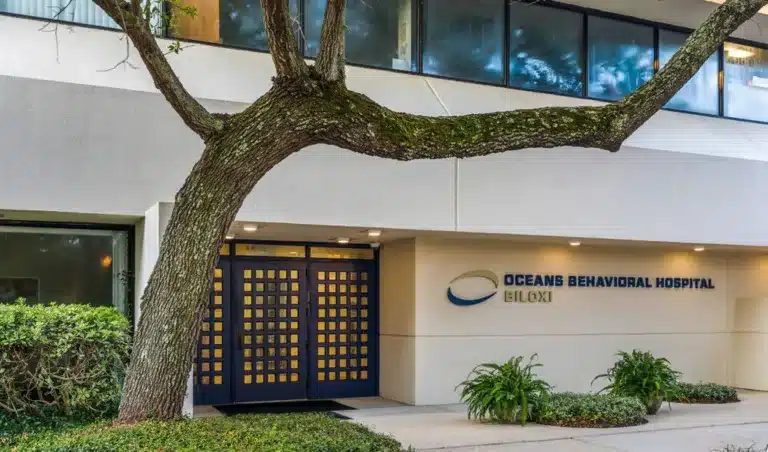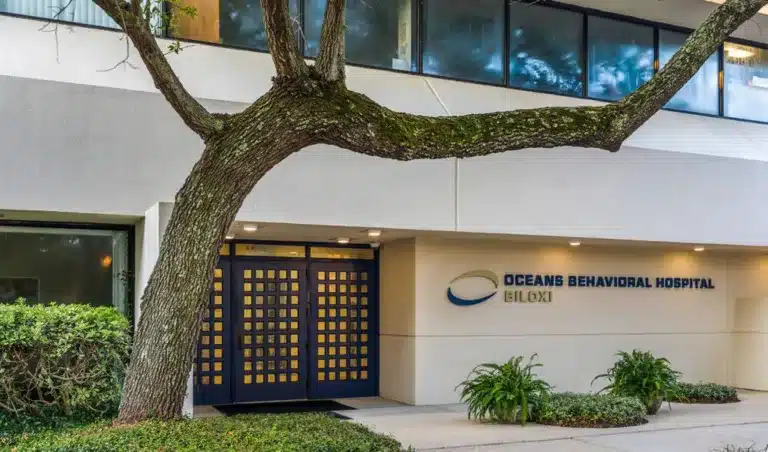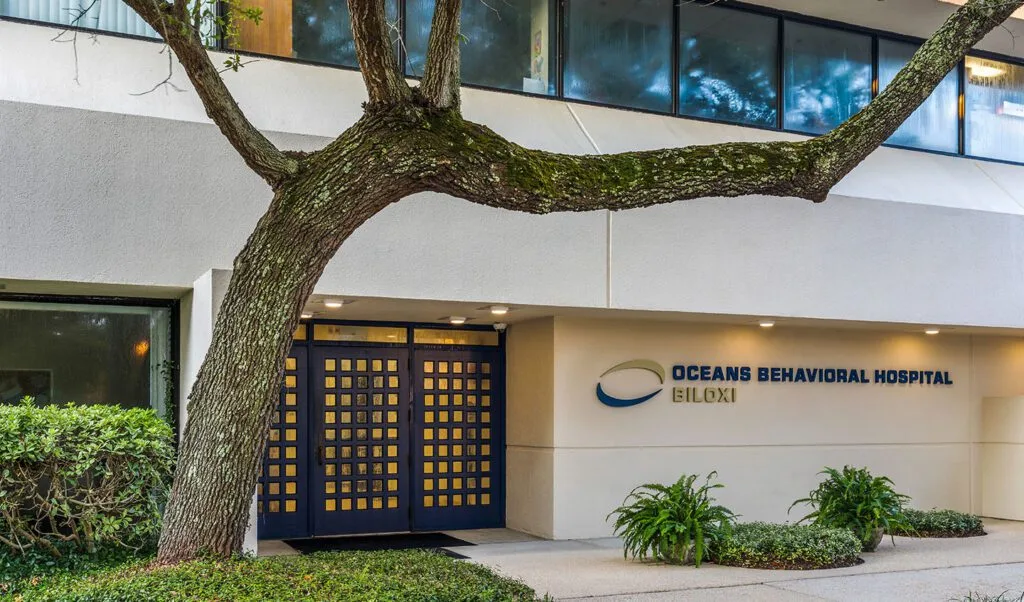This article first appeared on the Magnolia Tribune.

- Canning has long been a family tradition in the south. Since COVID, there has been a steady increase in people wanting to learn to grow their food and preserve it for later consumption.
As a middle schooler, it seemed that my parents planted the most enormous garden in Peoria County, Illinois. It felt like acres. But it wasn’t. I dreaded summer because it meant lots of work—planting, pulling weeds, and harvesting.
Potatoes and onions went into the ground first, followed by the cauliflower, broccoli, cabbage, and brussels sprouts. There were rows and rows of green beans, corn, cucumbers, pumpkins, beets, carrots, herbs, tomatoes, peppers, and lima beans. There was a corner for the garlic. And Mom, famous for her pies, had to have an area for her rhubarb. Sorry, no okra.
And let’s not forget the long row of concord grapes that extended the length of the garden. Did I say we had an enormous garden? Also, there were about twelve dwarf apple trees, strawberries, and red raspberries.
When the produce started coming in, Mom grated heads of cabbage into a large crock for sauerkraut. The cauliflower, broccoli, and Brussels sprouts went into the freezer, and cucumbers became dill and the best sweet pickles you ever tasted. But the abundance of green beans drove me crazy. After a morning’s picking, it was not unusual to haul in five-bushel baskets.
My mom, grandma, sisters, and I gathered in our basement; each person had a basket to snap off the ends and break them into thirds. We sat in our basement all day, snapping off the ends and breaking them into thirds. The hours passed slowly. Some fifty-plus years later, I can still see my mom and grandma washing the canning jars, filling them with green beans, a little salt, and water. Then, into the pressure canner. Mom worked up into the night. It was long, arduous work. She had to learn the entire gardening process because she didn’t grow up in the country or on a farm. My paternal grandparents were her teachers, along with trial and error.
Home Food Processing in Mississippi
I brought those experiences and training with me to the Magnolia State. However, my garden was a fourth in size, and items like purple hull peas, okra, butter beans, and G90 corn replaced those rows and rows of green beans.
Investment in canning jars, freezer containers, water bath and steam pressure canners became new items in my kitchen.
Because of my boy’s involvement in 4-H, I learned about the Mississippi State University Extension Service. I was amazed at the extensive list of classes and brochures available to consumers. Furthermore, I was impressed with the availability of the Extension Agents.
This summer, the extension service has offered Home Food Preservation Workshops throughout the state. I contacted Lara Angel, Extension Agent III, DeSoto County Extension Office in Hernando. She has worked in extension offices in Tennessee, Kentucky, and Mississippi. This coming September, she will start her eighteenth year of extension work.
Ms. Angel has been busy this summer offering Home Food Preservation Workshops. The third one held yesterday at the Hernando Public Library. The program was free, but the workshop was $30 which included lunch and supplies. Interest was high – the workshop was at maximum capacity.
The Growth of Home Canning
When asked if there has been an increase in the number of people involved with home food preservation, Angel said, “Every county is different, so not everyone offers home canning workshops or classes like we do here in DeSoto. We get a high interest in home canning due to our large population, people wanting to ‘homestead.’ Therefore, I plan specific programs to meet clients’ local demands and requests.”
Angel said that since COVID, she has seen a steady increase in people wanting to learn to grow their food and preserve it for later consumption.
”I started working for MSU Extension in 2014, and over the years, there has been interest in this area, but nothing like what I see today. More and more people want to return to the basics and learn things their parents and grandparents did years ago. Home canning isn’t taught in school; even if it is, it does not interest teens today. People turn to social media sites like Facebook, Instagram, Pinterest, and other websites to learn more information. That information isn’t always correct.”
It’s important to be cautious when canning.
“If you ‘home can’ using some of these practices you read about online, you can make yourself or your family sick,” said Angel. “Home canning is a science, so using a research-based recipe and research-based information is critical. We don’t want anyone to get sick and possibly die from botulism.”
Angel says that MSU Extension offers home canner dial gauge testing.
“Each year, it’s recommended that you test your pressure canner dial gauge. We provide this service FREE to the public. Individuals simply need to make an appointment to get this service done by calling 662-469-8480 in DeSoto County or your county extension office.”
Tips for the Beginner
Tip #1:
Learn the process. The recommendation is to take a class because you have a relationship with someone locally. There are also YouTube videos available.
Tip #2:
Decide what vegetables, fruit, or meat you want to process by canning. Determine the jar size needed, from half-pint to a quart. Jars and lids come in the initial box. Later you can just purchase the metal lid with the sealing compound (do not reuse old lids) and extra metal screw bands. You will need a water bath canner for jam, pickles, or tomato juice—a steam-pressure canner for green beans, lima beans, or meat. Additional tools to purchase are a canning funnel, jar lifter, lid lifter, and headspace tool.
Tip #3:
Shop wisely.
“Home canning isn’t cheap, but the satisfaction of knowing you preserved your food is worth every penny. Plus, there is just “something” about canned home products. They taste better when you know you canned them,” states Angel.
Supplies are available at Walmart, Amazon, or a hardware store.
Making jam or jelly is easy. The processing requires a water bath. It doesn’t need a bunch of home canning equipment. You can turn a stockpot into a water bath canner by placing a small wire rack or silicon trivet at the bottom so that the jars do not sit directly on the heating element. Mason canning jars need to be able to submerge in at least 1 inch of briskly boiling water to cover the tops of the jars during processing. If that isn’t your jam, try one of those pre-made easy mixes from the grocery store in the home canning section to make pickles, pasta sauce, or salsa. They are simple and can build your confidence. You simply add fresh tomatoes or cucumbers to the mix.
Tip #4:
Ms. Angel suggests, “If you don’t own a pressure canner, maybe borrow a friend’s to ‘test’ and try out before making a large investment in purchasing a new canner. Be careful when buying a used canner at a garage sale or online from the marketplace.”
She said things wear out and must be replaced periodically on home canners, so shop wisely and look the canner over to ensure the gasket is flexible (not dry-rotted), has no cracks on the gauge, and has no rust. Look for the model number on the bottom of the canner, handle, or lid.
“Knowing the model number is essential if you need to order replacement parts. Replacement parts may not be available for very old canners.”
Recipes and Information
Hundreds of recipes are available from the National Center for Home Food Preservation.
The MSU Extension Service has great home canning resources to help get you started as well.
Contact your county extension service for information about the Home Food Preservation Workshops:
DeSoto County
3260 Highway 51 S.; Hernando, MS 38632
Phone: (662-469-8480)
Madison County
1883 MS-43; Canton, MS 39046
Phone: (601) 859-3842
Hinds County
1500 Raymond Lake Road; Raymond, MS 39154
Phone: (601) 857-3242
This article first appeared on the Magnolia Tribune and is republished here under a Creative Commons license.
Read original article by clicking here.

















